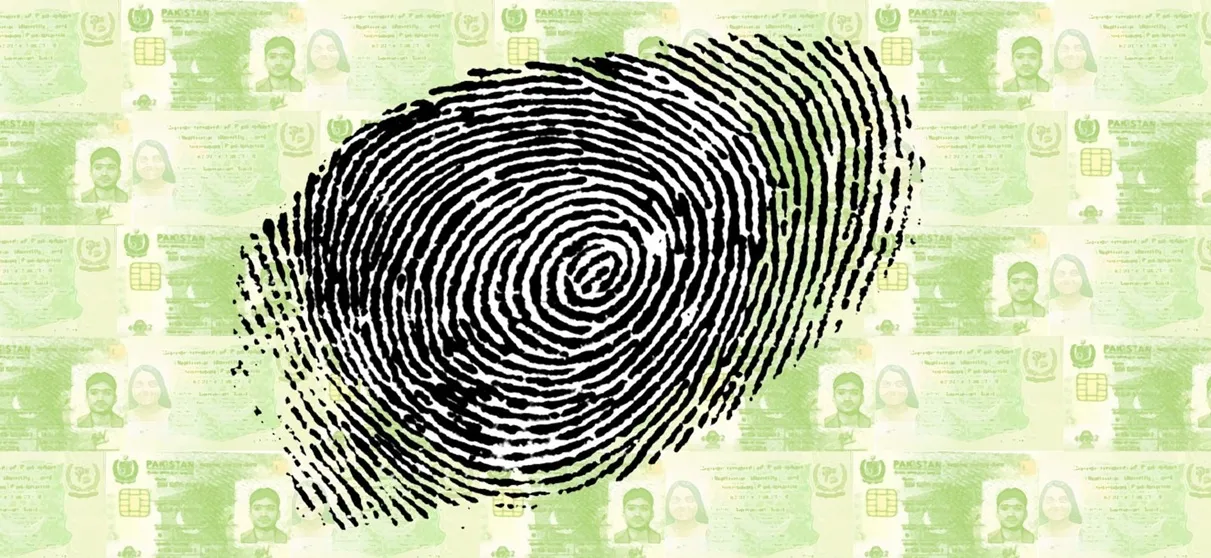Islamabad: A National Database and Registration Authority (NADRA) official, heading an important desk, is take into custody after allegedly found involved in fake documents issuance to the Afghan citizens, which later on got fake passports, on the basis of those documents.
The arrest is made from the National Database and Registration Authority (NADRA), headquarter Islamabad.
It was found in the investigation that Anwar Ul Haq, the Deputy Assistant Director and was heading the AFIS desk at NADRA headquarter was found allegedly in the issuance of the fake identification and finger prints of the Afghan citizens as Pakistani nationals.
On his alleged involvement, a large number of Afghan were found in receiving fake documents on the basis of which they made passports and went to abroad as Pakistani citizens.
He cleared Afghan’s finger prints by manual methods ignoring the actual technical and machine technology in searching the finger prints.
The major report was found in Saudi Arabia issue where 12000 cases of fake Pakistani passports were recovered in various raids and cases. The citizens who were actually Afghans were having Pakistani passports.
Saudi government officially launched request with government of Pakistan of these fake documents and passport cases.
Saudi government has filed a request with government of Pakistan last year indicating that 12000 fake passports were found with the Afghans with the identity of Pakistan.
Previous Cases Reported by Saudia Arabia
Last month, Saudi government had reported a total of 1,296 individuals holding fraudulent Pakistani passports, who were later identified as Afghan nationals.
The revelation was made by officials from the National Database and Registration Authority (Nadra) during a meeting of the Senate Standing Committee on Interior.
Read More: Over 1,296 Afghans Caught with Fake Pakistani Passports
In response to the issue, the committee instructed Nadra to provide an update in the next session regarding the actions taken against any employees involved in the issuance of these bogus passports and the tampering of the database.
The committee also discussed ongoing reforms related to the expiration of Computerized National Identity Cards (CNICs).
Nadra’s Chief Operating Officer explained that, according to regulations, CNICs must be renewed every ten years.
This renewal period accounts for factors such as the wear and tear of the card material, updates in biometric data, and changes in the individual’s demographic information, such as marriages or address updates.
Additionally, the chairman raised concerns regarding the inclusion of unrelated individuals in the family trees of legitimate CNIC holders.
In response, the Nadra official announced plans to introduce a mobile application aimed at verifying family tree connections.
Also Read: NADRA Denies Biometric Verification Problems
To combat fraudulent practices, Nadra has implemented a new policy requiring physical verification of an applicant’s direct blood relatives, along with biometric data collection from those family members.









